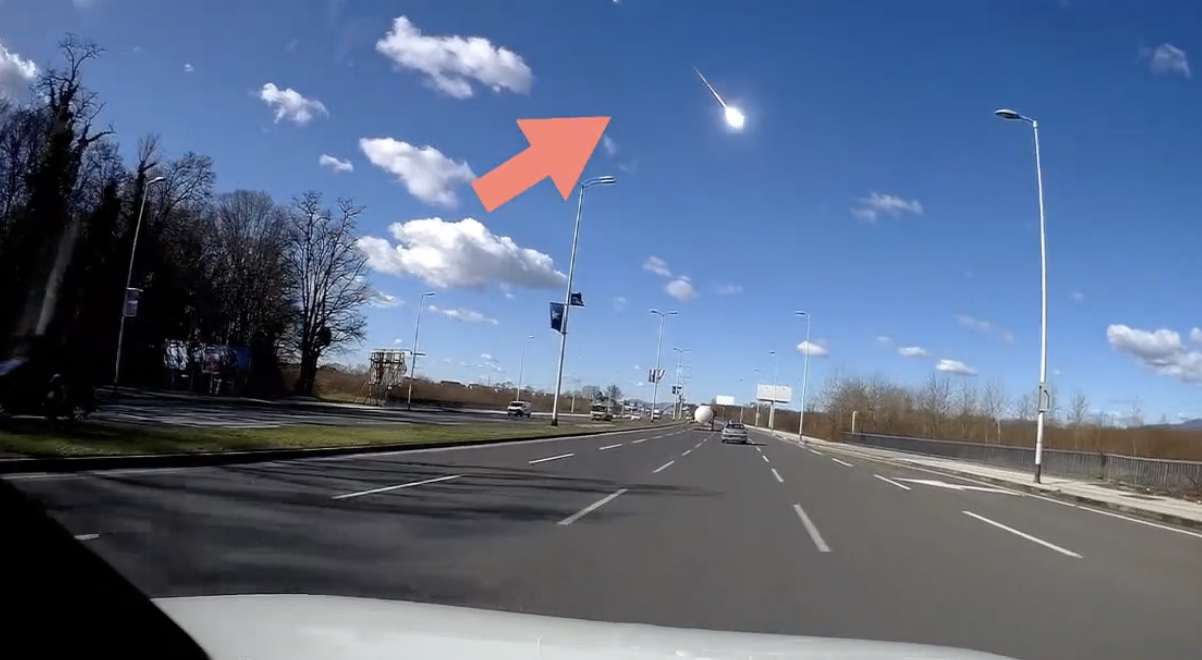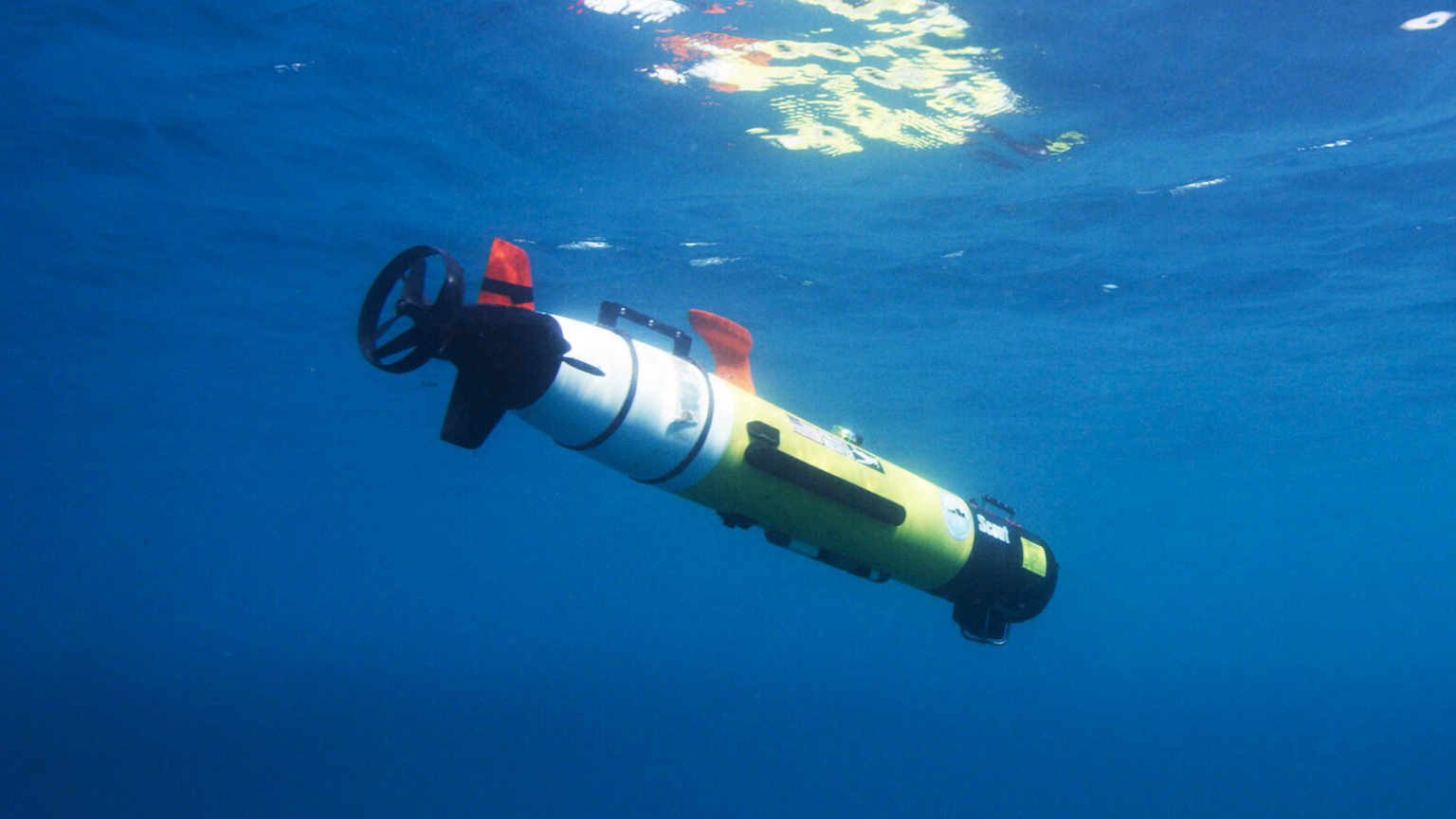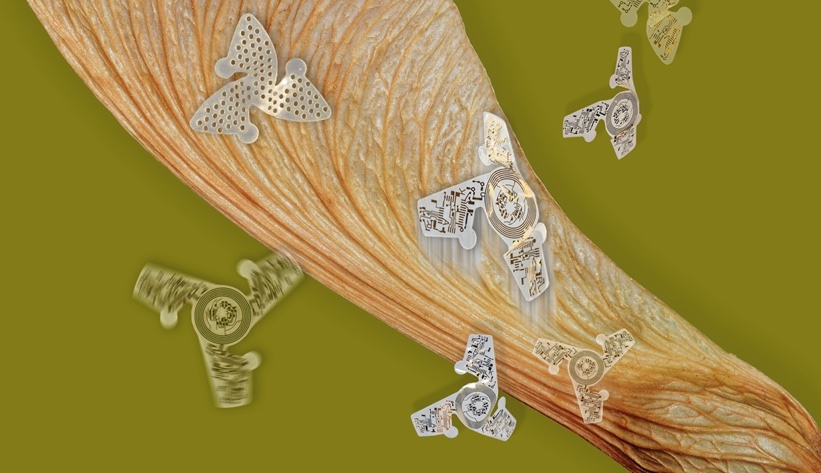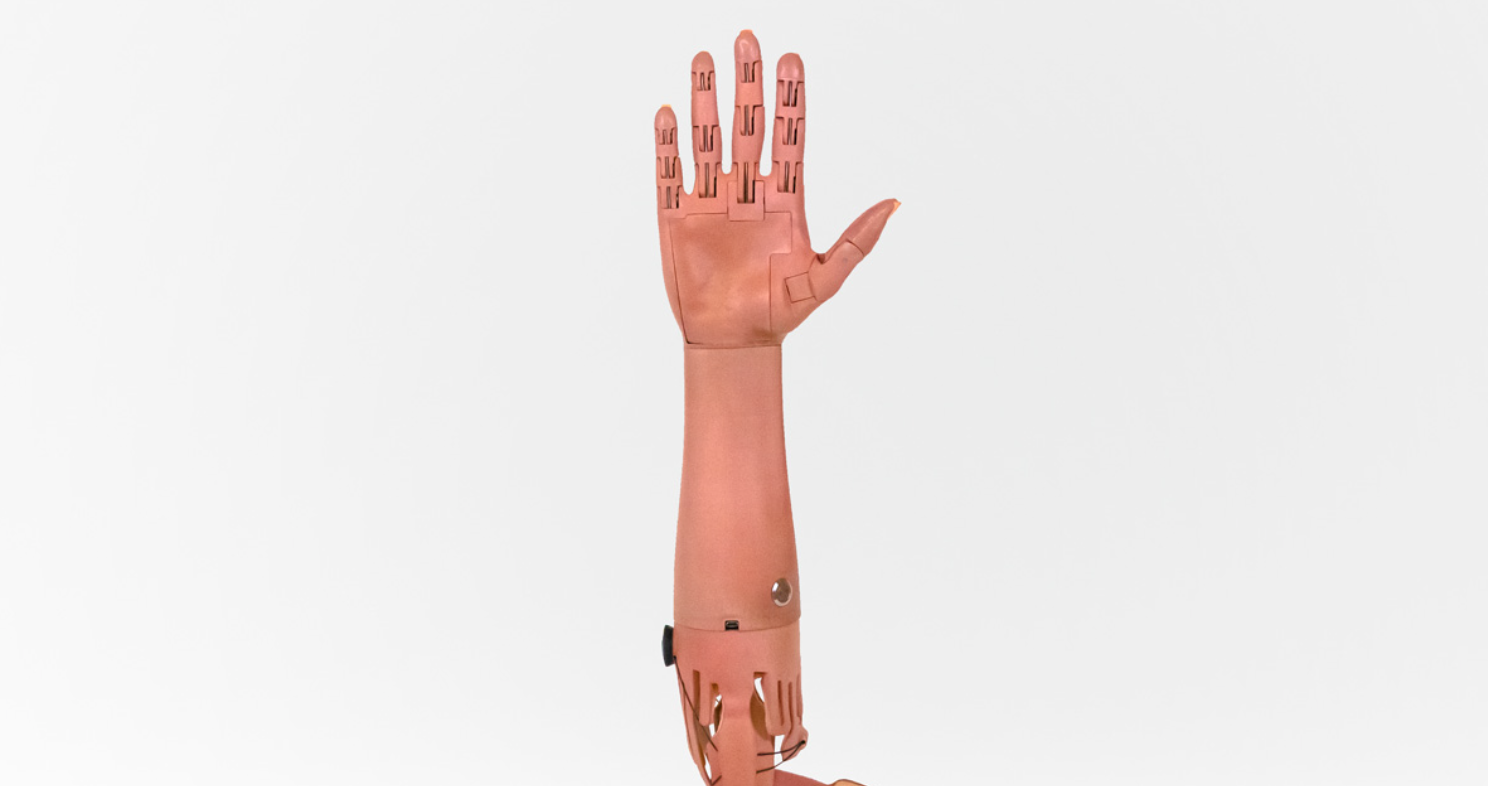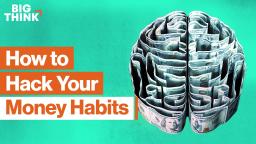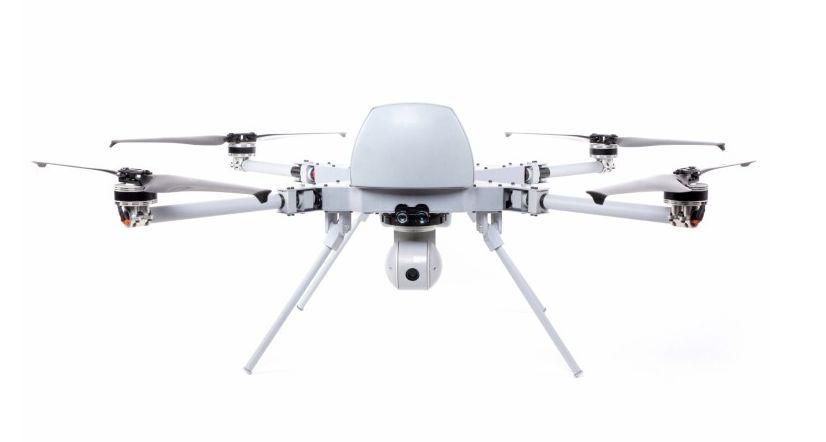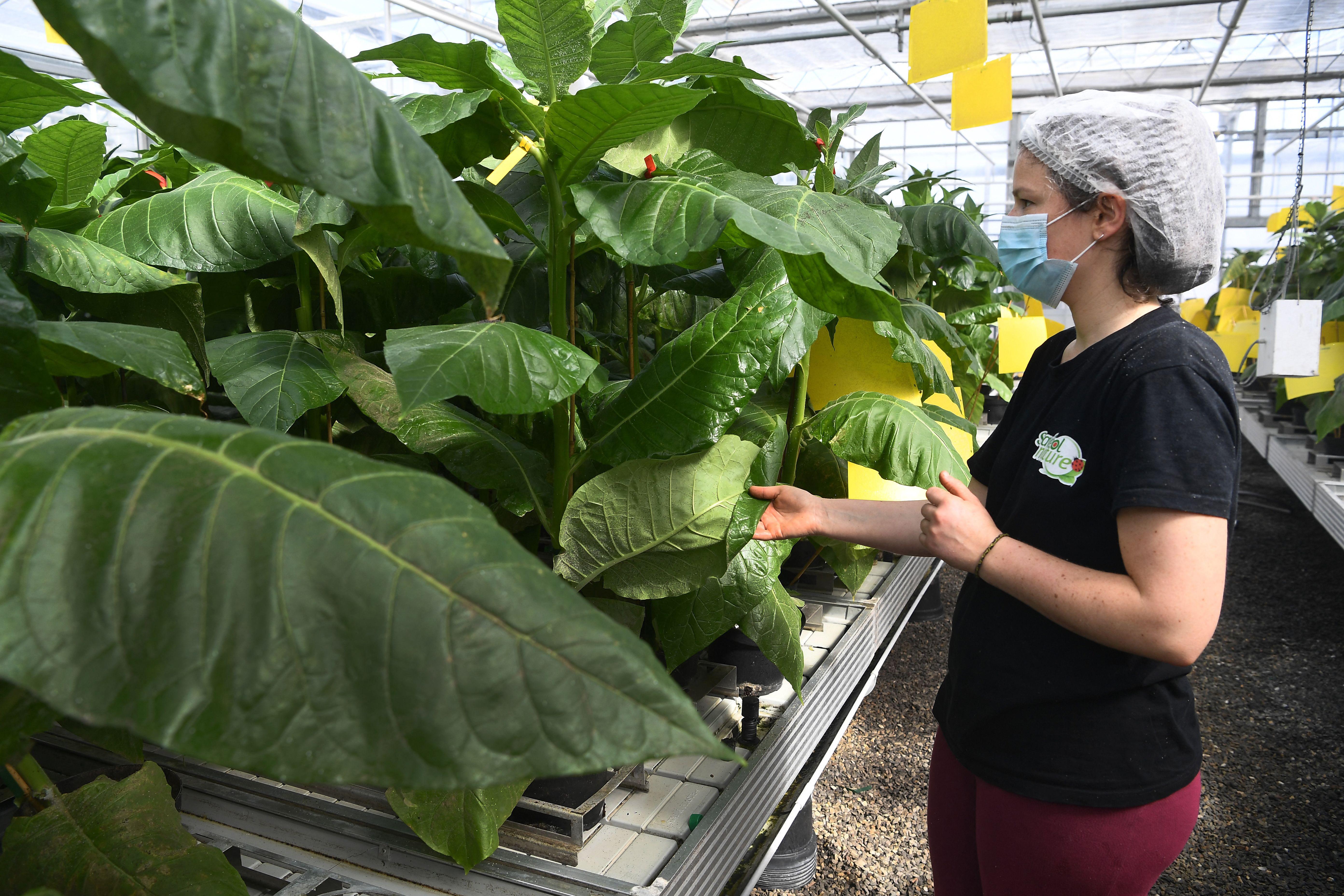Tech Trends
People appear to have no qualms about sharing their locations, struggles, and relationships online.
Evidence shows that information is transmitted via “complex contagion.”
Air conditioning may keep a room cool, but using it is heating up the planet. It is time for something new — or old.
The 72-meter wingspan is lined with solar panels to give the plane the power it needs to stay airborne for nearly three months.
People who buy iPhones are not, it seems, masters of their own devices.
The unconventional method could help astronomers better track meteorites that fall during the daytime.
With the huge growth in satellites, fears of a crowded sky are coming true.
His family has finally gotten closure after 50 years of uncertainty.
Cryptocurrency “news” is dominated by enthusiasts and haters. Surely, an intellectual discussion can be had.
Engineers borrowed the maple tree’s “helicopter” to design tiny, flying microchips, which perform various tasks while in whirling free fall.
Once limited in range, mass hysteria can now spread across the globe in an instant.
The power tower has superior physics but inferior economics.
Prosthetic arms can cost amputees $80,000. A startup called Unlimited Tomorrow is aiming to change that by making customized 3D-printed bionic arms for just $8,000.
Higher education, particularly for fields like filmmaking, is in big trouble when a world-class education can be found online cheaply or even for free.
Three cutting-edge techniques – the gene-editing tool CRISPR, fluorescent proteins and optogenetics – were all inspired by nature.
The Seychelles magpie-robin is up for sale – yes, for sale – as a digital nature collectible.
Fintech companies are using elements of video games to make personal finance more fun. But does it work, and what are the risks?
Playing video games could help you make better decisions about money.
▸
6 min
—
with
Fear that new technologies are addictive isn’t a modern phenomenon.
Technology usually has more pros than cons, but every benefit still carries some risk.
A new study mapped areas of the U.S. that are most likely to suffer natural disasters.
The pilot project is in 10 stores and is 85% accurate.
The evidence for a link between time spent using technology and mental health is fatally flawed.
As a form of civil disobedience, hacking can help make the world a better place.
The first nation to make bitcoin legal tender will use geothermal energy to mine it.
A brief passage from a recent UN report describes what could be the first-known case of an autonomous weapon, powered by artificial intelligence, killing in the battlefield.
She helped create CRISPR, a gene-editing technology that is changing the way we treat genetic diseases and even how we produce food.
Vaccines can be grown in and extracted from the leaves of plants.
Can one equation unite all of physics?
▸
6 min
—
with





